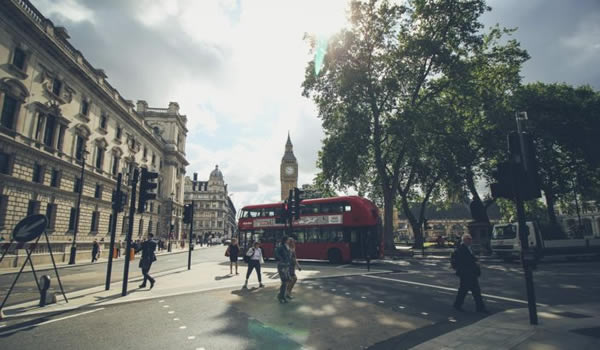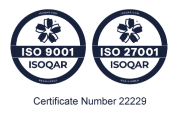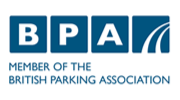Clean Air Zones: Encouraging Sustainable Travel After Covid-19
(This article first appeared in Air Quality News, 15th October 2020)
Air quality has long been a pressing issue at both national and regional levels – but since Covid-19 it has been brought into even sharper focus.
During lockdown, cities across the UK enjoyed suddenly improved air quality as people stopped driving cars and planes were grounded. Daily CO2 emissions fell by 17% – half of which was attributed to reduced road congestion.
And it is not extravagant to suggest that this improvement was also felt at a global environmental level, given that transport contributes 23% of all CO2 emitted – three quarters of which comes from congestion.
Analysing Changing Behaviour Patterns
However, as people have emerged from lockdown it has become apparent that confidence in public transport has been badly compromised. National Geographic reports that we could face a post-Covid future with more traffic, more pollution, and a climate crisis moving faster than ever.
The same National Geographic article states that CO2 levels have already returned to near 2019 levels – and that’s with many ‘normal’ activities yet to fully restart.
The number of vehicles on UK roads have almost completely returned to ‘normal’: since July 6, daily lorry traffic has been at 90% or above pre-lockdown levels, while daily van traffic has peaked at 94% of the previous level.
In summary, during the early days of the pandemic it seemed that improved air quality might be a solitary ray of light to emerge from the situation. Today that hope appears sadly misguided.
Using Technology to Protect Urban Environments
We need to rapidly ensure that appropriate and effective systems are in place to encourage the kinds of travelling behaviour that will protect our urban environments.
Fortunately, proven technology already exists which can be used to deliver Clean Air Zones (CAZ). Indeed, such a system is already being implemented in Birmingham and Leeds. These systems are underpinned by CCTV cameras which track vehicles and automatically identify emissions-based charges and exemptions, identifying any penalties due; and a backend system to then process them.
Such solutions are flexible and can be adapted for the requirements of each city. For example, in Leeds only commercial businesses are held accountable for their vehicles, whereas in Birmingham the technology is applied to residents also.
Exemptions are of course easily accommodated – for example in the instance of a children’s hospital located within Birmingham’s CAZ, which parents can visit without penalty.
Managing the Process End-to-End
While CAZs are a new concept in some regions, in principle the processes are very similar to the management of bus lanes. This means that local authorities can take advantage of proven existing solutions, minimising cost and risk.
This also means that the entire CAZ enforcement process can be managed via a single IT system, including emissions-based permits, notice issue, reviews, processing and enforcement.
A truly end-to-end Clean Air Zones solution is not only possible – it is already being delivered in UK cities right now.
Conclusion
Following Covid-19 there are many unknowns, but we do know that travel patterns, modes and behaviours will not simply return to their prior state.
While there are currently understandable safety concerns in relation to public transport, we must ward against the risk that people settle into a ‘new normal’ where everybody simply chooses to drive everywhere. There is a very real risk that even after emerging from Covid-19 we will continue to feel its impacts long into the future through poor air quality and wider environmental damage.
But a better outcome is possible here too. We have an opportunity to emerge from Covid-19 stronger than before: Clean Air Zones can help us to build better urban environments and a healthier future for the planet. And best of all, we already have all the tools: we just need to use them.
Improve air quality today! Let’s discuss Clean Air Zones solutions
Photo credit – Pixabay
Company Registration Number: 02023383 ¦ Registered Office Address: Century House, 1 The Lakes, Northampton, NN4 7HD





